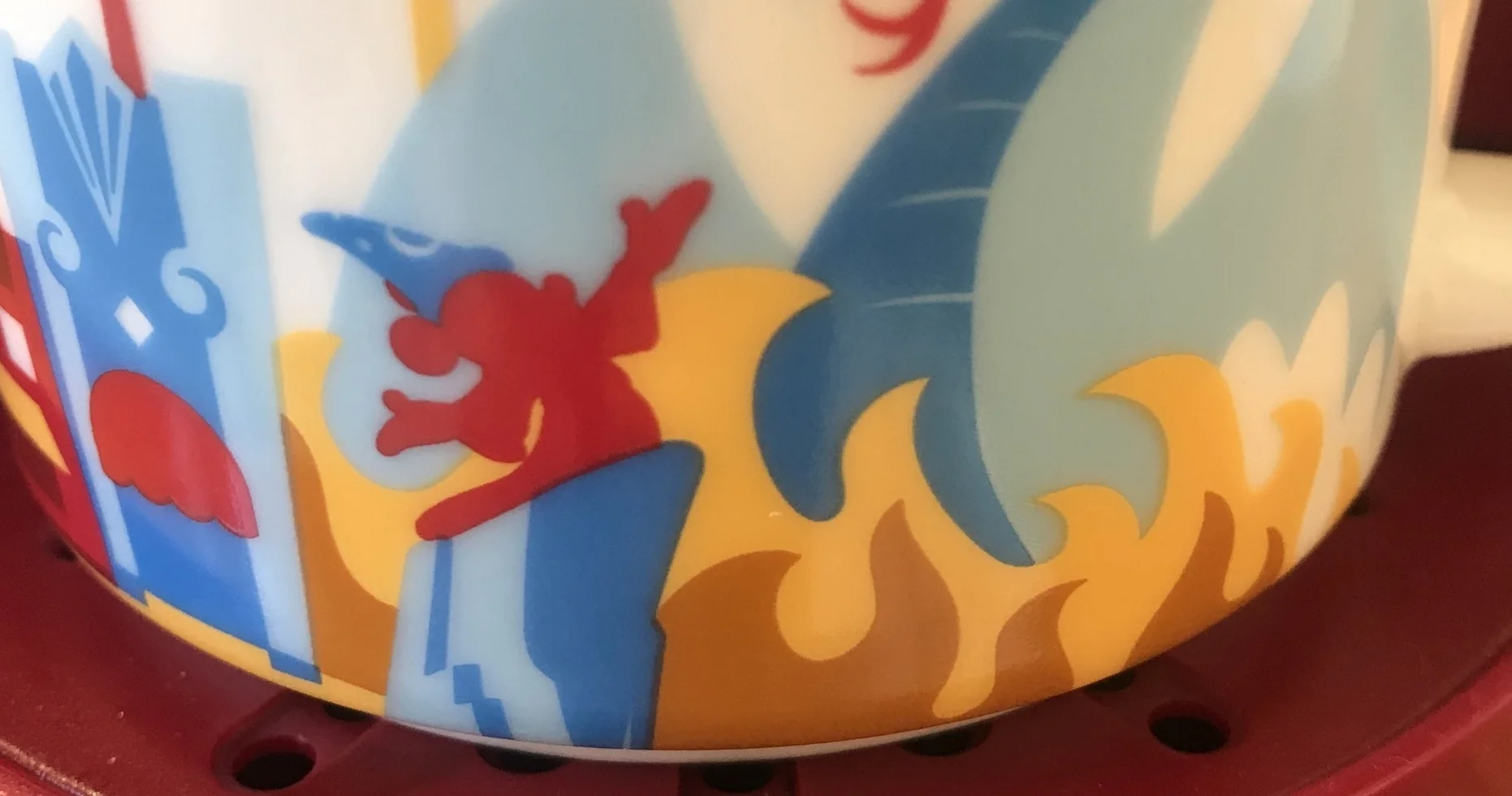Vlog Episode 5 - To Drive, or Not to Drive?
Last time we talked about the midbrain survival drive and I said we'd describe it more in depth. Well here goes.
In the midbrain there's a group of cells called the Ventral Tegmental Area that make a chemical called dopamine. They use the dopamine to send signals to other groups of cells. One of the places the VTA sends dopamine is a group of cells called the Nucleus Accumbens. Now when there's enough dopamine at the Accumbens it sends a signal to the cortex that everything is ok. When the cortex gets this ok signal it knows it can act in it's logical fashion. It can make plans for the future, it can cooperate with others, it can take well calculated risks that things won't work out exactly its way because it's not a matter of life and death. The message is basically, relax, everything's okay, just be the best human you can be.
But what if there isn't enough dopamine signal at the Accumbens? Well, things are not so good. The threat is real, something necessary for life is missing. The ok signal isn't given and the cortex relaxes its control over things. Basically this is like a deliberative body ceding control in an emergency. It takes too much time to think about this stuff, just hand it over to the survival expert who can get us out of this mess. Without enough dopamine at the accumbens we don't focus on abstract thoughts; we don't remember well; we don't think of others; we have trouble relaxing and sitting still; a whole bunch of things go wrong.
There's another effect as well. We need a spike of dopamine to attach to things and other people. Think about your favorite activity or your favorite mug. Why is it your favorite? Because you've attached to it. How did you attach to it? A dopamine spike. Our lives are filled with rewarding events and people that normally give us dopamine spikes and we attach to them. But for someone with a low dopamine signal, these every day spikes don't register. So instead of a full life filled with rewarding people and activities, they experience a kind of bland nothingness. You say, "have a nice day," and they don't know what you're talking about.
Then along comes a cigarette or a shot of booze. Suddenly there's a spike big enough to reach the threshold, there's a dopamine signal that turns on the "everything is OK" signal. They can relax, they feel normal, they can enjoy who they are with and feel comfortable in their own skin, they can be alive, they aren't about to die, there's no dread. Then, all that goes away. What would you do? You'd do something to get it back, wouldn't you? And you wouldn't think about it. You wouldn't sit down and ponder the morality of having had the experience or getting it back.
It's like being born blind, and someone gives you a pill. You can suddenly see. The pill lasts for an hour, and then you're blind again. They then tell you that someone in Washington made the pill illegal. Do you really think you'll sit and ponder that dilema? What part of your brain do you think will be in charge - the part that's been keeping mammals alive for over 100 million years or the part that wants to listen to someone in Washington?
The midbrain survival mechanism is just that, a survival mechanism. There's a reason that it's in the midbrain, below the cortex. There's a reason it's automatic without thinking about it. Let's use our cortex now to figure out why.
One thing our cortexes are good at is thought experiment. So let's do one. Imagine that you're in an earthquake prone area, and you've been through a few of them. You've learned what to do. Now, the building starts shaking. Do you run without thinking to the best place you can find for shelter, or do you fire up google to see if the directions for surviving an earthquake have changed since the last one? Survival in the face of a sudden threat requires quick action. We don't have time to research or even think. We have to act. If our survival mechanism wasn't in the midbrain, but instead in the cortex, our ancestors wouldn't have made it, and we wouldn't be here now.
Understanding this hopefully gives us a change in perspective. It isn't the bad primitive midbrain that makes us use drugs, but rather something that's gone wrong with the good, life maintaining midbrain survival system that's the problem. We don't want to suppress it more or cut it out. We want to return its function to normal. This is the first step in our sequential process.
Without a normally, or near normally, functioning midbrain, we can't pay attention, focus, remember, attach to others, or get reward from being around others. Now imagine being like that and someone asks you to sit in group therapy for three hours. Not real attractive, and not real doable either. That's why addiction treatment has been traditionally inpatient, because the walls help people who don't want to be there to stay. And that's why traditional inpatient addiction treatment takes so long. It's hard to get cortical information through to someone who has a poorly functioning midbrain.
But we could take a different tack. Once we realize that the midbrain actually feeds the cortex we stop thinking about this as a strong midbrain/weak cortex problem. We start realizing we need to help the midbrain, and that when we do, the cortex will function better.



